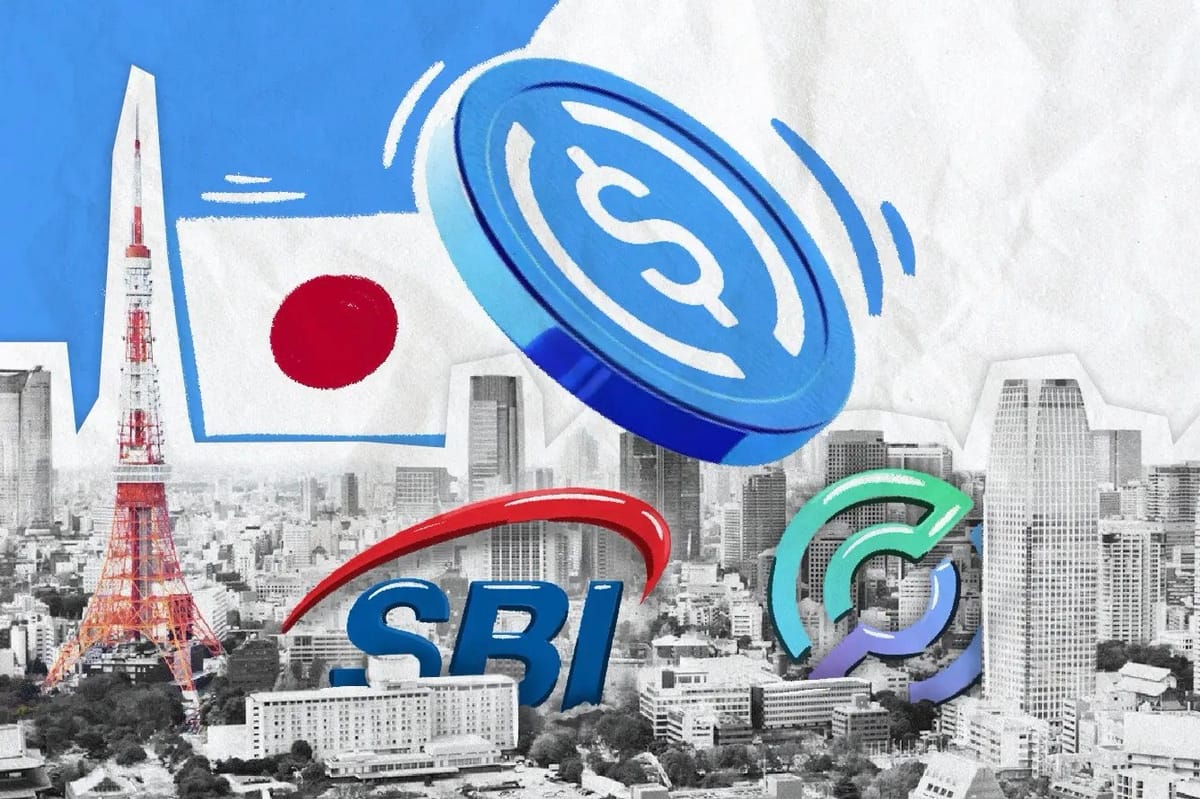
SBI Holdings, an internet-based financial services group based in Japan, and Circle, issuer of one of the world’s largest stablecoins, have finalized a Memorandum of Understanding to promote USDC circulation in compliance with local laws, establish a banking relationship and promote the use of Circle’s Web3 Services in Japan.
“Our partnership with SBI Holdings represents a shared vision for the future of digital currency, and is a significant milestone in Circle’s expansion plans in Japan and Asia Pacific,” - said Jeremy Allaire, Circle co-founder and CEO.
An SBI subsidiary dedicated to crypto-asset-related services is seeking registration as an electronic payment instruments service to circulate USDC within the country, which requires government approval. SBI Shinsei Bank is to provide banking services to Circle that will “enable USDC access and liquidity for Japan-based businesses and users.” Meanwhile, the whole SBI Group is going to adopt Circle’s Web3 Services solutions, including Programmable Wallet, blockchain infrastructure and smart contract management tools as a part of its digital asset portfolio strategy.
Japan is reshaping its traditional taxation guidelines to welcome crypto investors and the innovation that follows. In the summer of 2022, the country revised the Payment Services Act to establish regulations for stablecoins following the Terra collapse. One year later the legislation took effect and allowed local distributors to handle “collateralized” stablecoins backed by legal tender. The amended Act also allowed stablecoins issuance by licensed financial institutions.
Around the same time, the government lifted the ban on using overseas stablecoins, stabilised against the value of sovereign currencies. Jeremy Allaire has said that establishing a framework for the use of overseas stablecoins is “the most important thing the government and the Financial Services Agency have done,” and expressed interest in partnerships in Japan. Back then, many thought that Circle might launch a new stablecoin in the country.
“What you’re seeing here are the fruits of major governments who have established regulatory clarity for stablecoins. Good actors, working together, across the traditional and the new internet financial system to advance innovation with strong safeguards and supervision,” - tweeted Jeremy Allaire, giving credit to Japanese authorities.
Stablecoin issuance and circulation in Japan are tightly connected to the Progmat Coin platform, a stablecoin issuance and management platform which is being developed by Mitsubishi UFJ Trust and Banking Corporation in partnerships with over 200 blockchain, technology and financial companies, including Soramitsu and Datachain. This Summer, Binance re-entered the Japanese market with a licensed entity and two months later partnered with a unit of MUFG in order to issue a new stablecoin using the platform. According to Tatsuya Saito, founder and CEO at Progmat, Japan’s first stablecoins won't launch earlier than next June.
Currently, Japan is one of the countries with the clearest stablecoin regulation. The high standards set by the Japanese authorities concerning the security and stability of stablecoins do not completely guarantee the absence of reserves-connected troubles in future, but even so, the country should be applauded for trail blazing.

